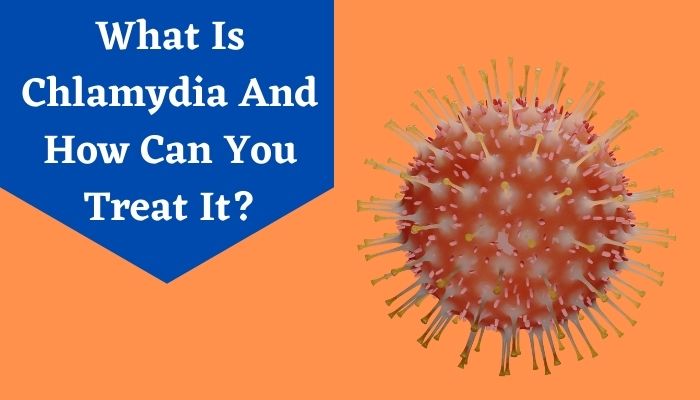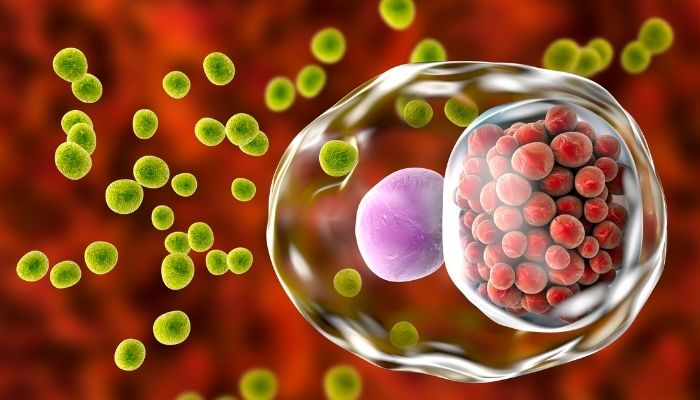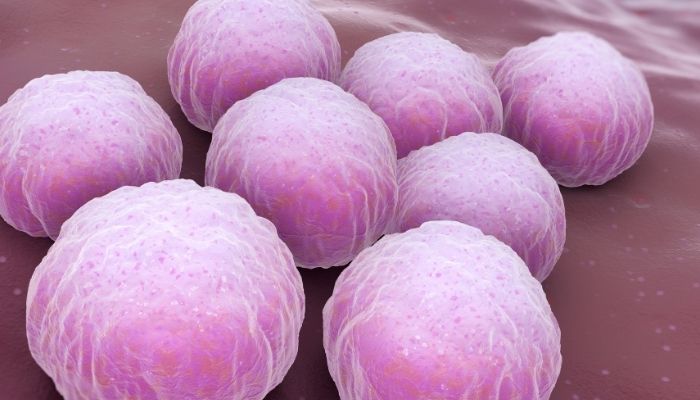If you were wondering about chlamydia symptoms, then you must know more about the disease itself. Chlamydia is a bacteria-caused STI or sexually transmitted infection. What is worth noting is that there are often no external signs of chlamydia in the initial stages. Studies have often reported that chlamydia symptoms are absent for a whopping 40-96% of those with this condition. Yet, it may lead to severe health issues in the future.
| Name of the Ailment: Chlamydia |
| Method of Transmission: Unprotected & Oral Sex |
| Symptoms- a. Abnormal discharge from the genitals, b. pain and c. a burning feeling while urinating |
| Treatment- Antibiotics & Home Remedies |
Transmission of Chlamydia
Before delving deeper into chlamydia symptoms, it is important to understand more about its transmission. The disease is transmitted mainly through unprotected sex without a condom or any other method and also oral sex. It does not always need penetration to be transmitted.Touching of genitals may also cause transmission or even anal sex. Newborns may get the disease from their mothers at the time of birth. These infections may also occur in the eyes via genital or oral contact with one’s eyes though it is rare.
Top 3 Symptoms of Chlamydia
There are several chlamydia symptoms that you should be aware of, even though they may be externally invisible in the initial stages. They include:- Burning feelings while urinating
- Pain
- Abnormal discharge from the sexual organs
Top 5 Symptoms of Chlamydia in Men
- Burning feeling while urinating
- Pain in the testicles or lower abdomen
- Penis discharge that is green or yellow in color
- For infections in the anus for men, symptoms include pain, discharge from the anus, and bleeding
- Some signs may also be cough, sore throat, and fever, where bacteria are lodged in the throat after oral sex with an infected individual
Top 9 Symptoms of Chlamydia in Women
- Discharge from the vagina
- Pain during intercourse
- Bleeding in between periods
- Lower abdominal pain
- Burning feeling while urinating
- Cervicitis or cervix inflammation
- PID (Pelvic Inflammatory Disease) with symptoms like pain, fever, nausea, and abnormal bleeding in between periods
- Rectal discharge, pain and bleeding for infections in the rectum
- Cough, sore throat and fever are symptoms if the bacteria are present in the throat. This usually happens after oral sex with an infected individual
Combating Chlamydia- What You Can Do
- Protected sexual intercourse with a condom.
- Engaging in sexual activity with a partner who is infection-free.
- Regular screening/tests for STIs.
Treatment of Chlamydia
Treatments usually involve antibiotics since these are bacterial infections. Doctors may prescribe azithromycin or doxycycline in this regard. Irrespective of the antibiotic that is prescribed by the doctor, all instructions should be carefully followed. The treatment procedure may require up to two weeks, even for medicines with single doses. One should refrain from sexual activity in the treatment phase.Some home remedies often include Echinacea, a plant that enhances immunity, helping combat various infections. People often rely on Goldenseal, a medicinal plant that may contribute towards reducing overall symptoms during such infections.
How Is Chlamydia Diagnosed?
Chlamydia is diagnosed with the commonest method, i.e. a physical examination done by the doctor. This helps detect any unusual spots, marks, discharge, or sores linked to an infection. Doctors may also take vaginal swabs for women and urine tests for men in order to diagnose infections. Areas like the throat or anus may be swabbed too if there are chances of infections being present in these areas. It may take some time to get your results, post which the doctor will discuss further treatments.Complications Related to Chlamydia
Women may suffer from PID which is painful and may cause damage to the ovaries, uterus, and cervix. Untreated chlamydia may also lead to infertility in the future, owing to fallopian tube damage. Infections may also pass to newborn babies if they are untreated. This may lead to pneumonia and eye infections for babies as well.Men may suffer from epididymitis if chlamydia is left untreated. This is a condition where the epididymis, i.e. the tube keeping the testicles in position, gets inflamed. Infections may also impact the prostate gland, leading to pain during intercourse, fever, and lower back pain. Another complication is what doctors call male chlamydial urethritis.
Eye Chlamydia
Chlamydia infections usually occur in the genitals. However, there are some rare instances, where they may take place in other areas like the throat, eyes, and anus. It may happen in the eyes due to indirect/direct contact with the disease-causing bacteria. The infection may transmit to the eyes from the genitals for instance, if one touches the former without washing his or her hands. Chlamydial conjunctivitis or eye infections may come with these symptoms:- Swelling
- Redness
- Irritation
- Itching
- Discharge or Mucus
- Photophobia




